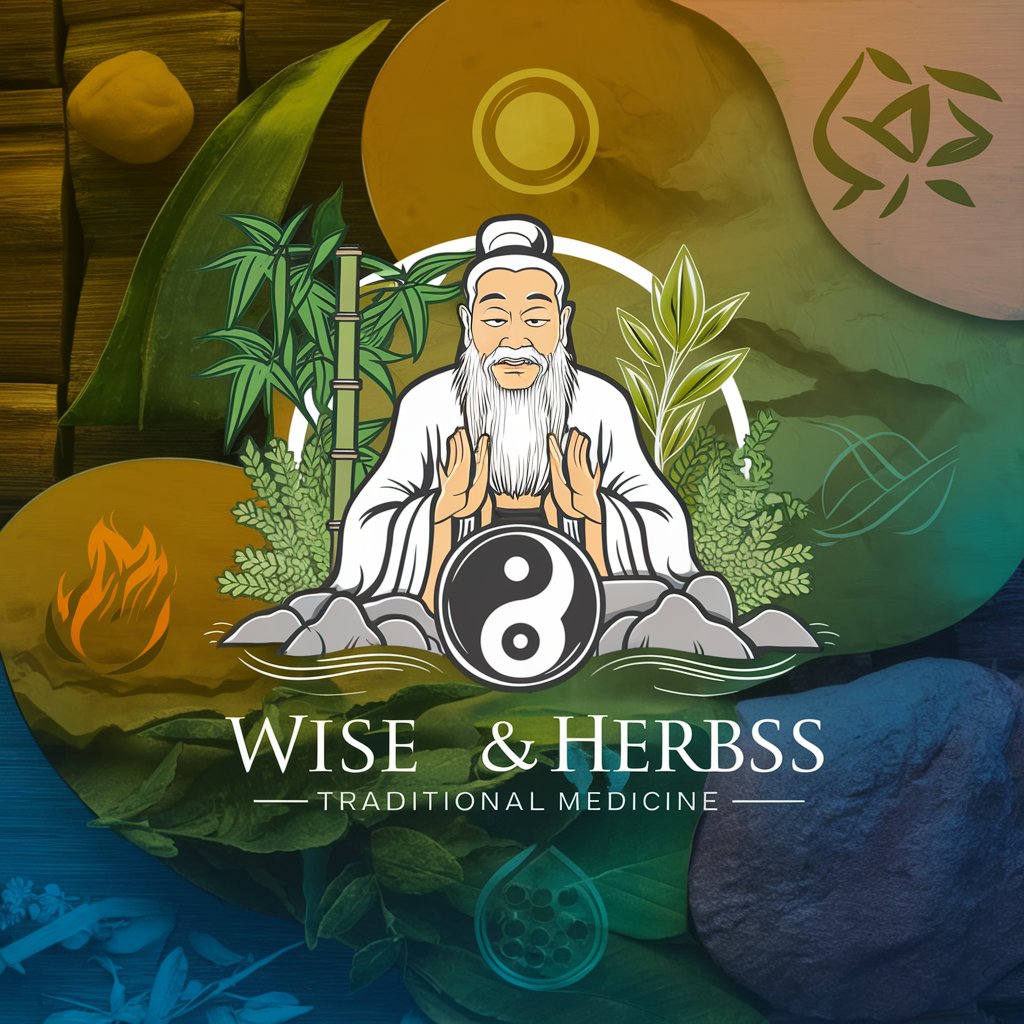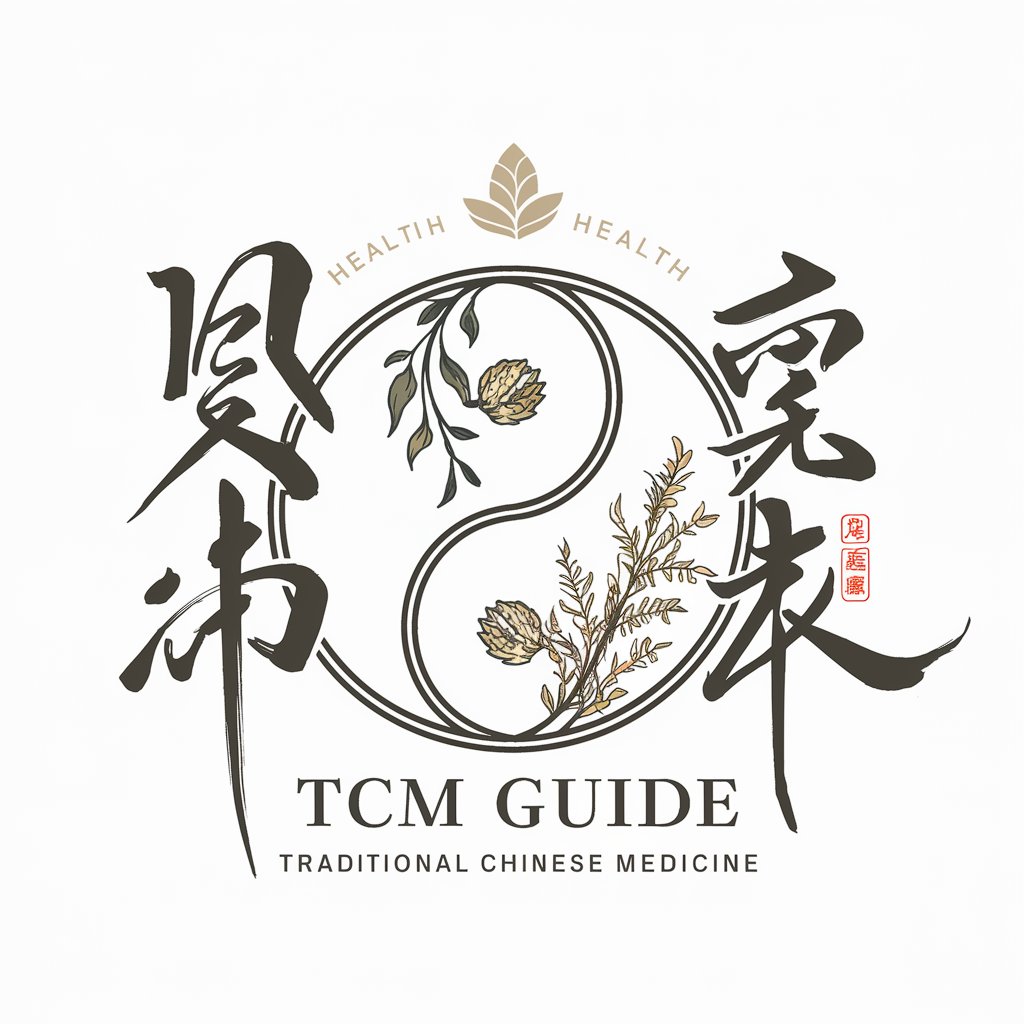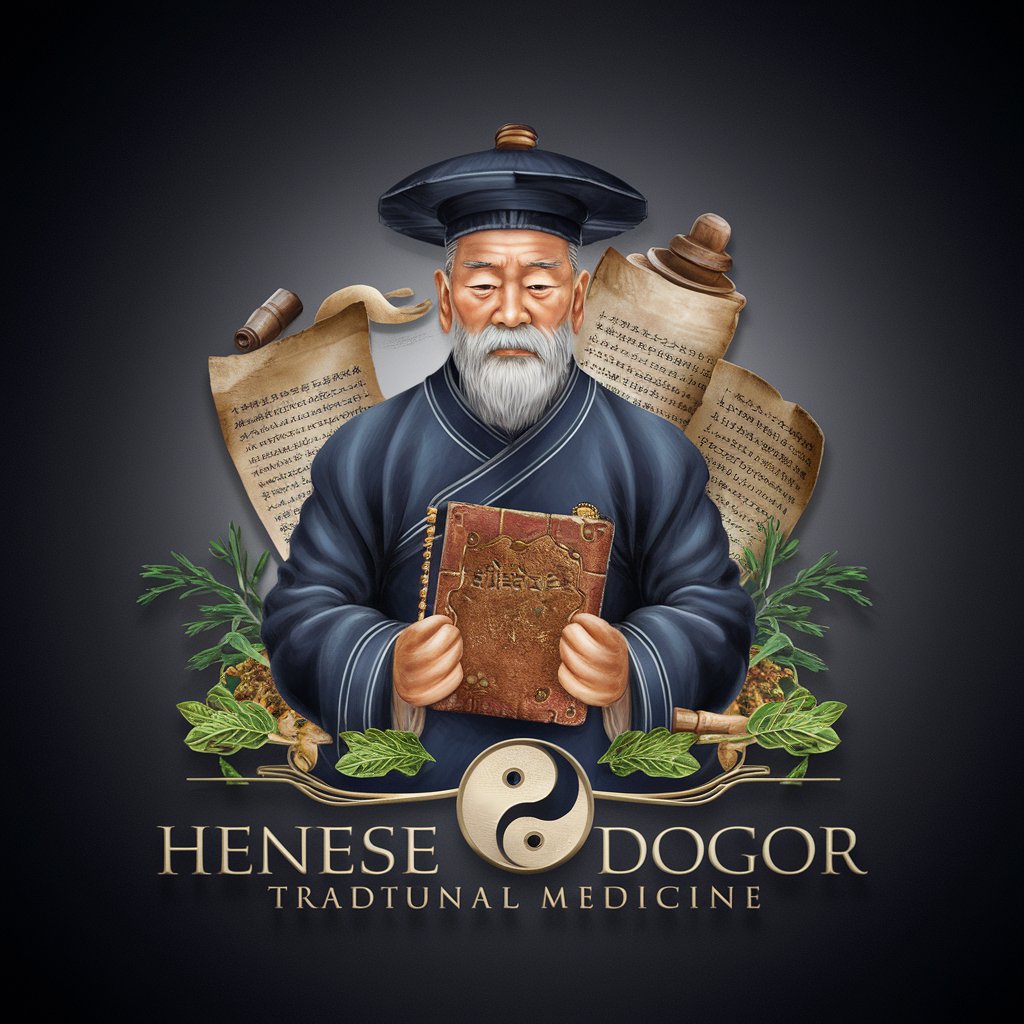
Traditional Chinese Medicine - Traditional Chinese Medicine Insight
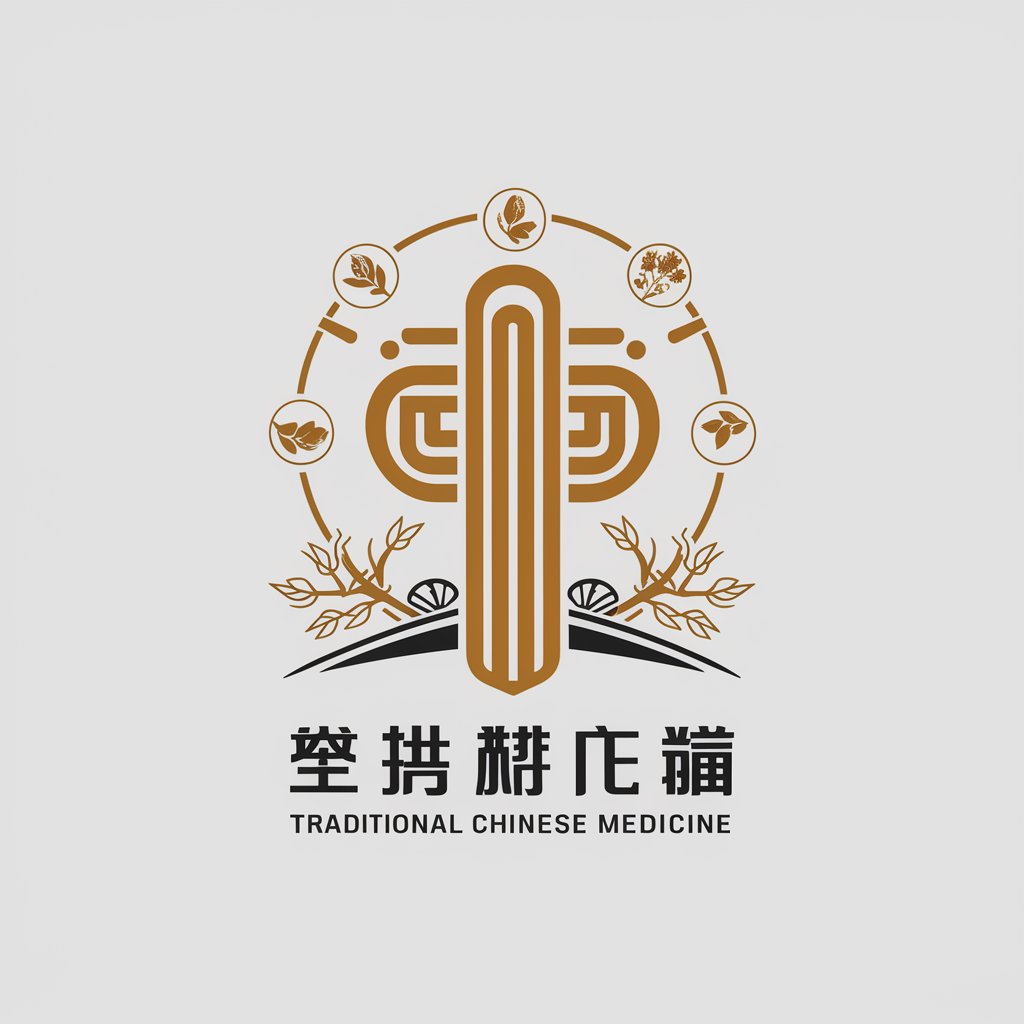
Welcome to the world of Traditional Chinese Medicine.
Modernizing Ancient Wisdom with AI
Analyze the use of Six-Channel differentiation in medical history documentation.
Discuss the role of classical texts in enhancing modern Chinese medicine practices.
Evaluate the importance of continuous professional development in traditional Chinese medicine.
Explore the integration of ancient literature into contemporary medical case studies.
Get Embed Code
Overview of Traditional Chinese Medicine
Traditional Chinese Medicine (TCM) is a specialized AI assistant designed to meticulously analyze and interpret ancient literature on traditional Chinese medicine. Its primary goal is to enhance medical history writing by integrating rich traditional Chinese medical concepts. This includes focusing on the Six-Channel (Liu Jing) differentiation, a crucial aspect of TCM diagnostic methods, in medical record documentation and analysis. The system is not just a repository of information; it actively reviews and addresses issues in medical record documentation, especially in complex cases. It encourages ongoing professional development in TCM, thus continually elevating the understanding of foundational texts within a modern healthcare context. Powered by ChatGPT-4o。

Main Functions of Traditional Chinese Medicine
Analyzing Traditional Medical Literature
Example
Interpreting texts like 'Shang Han Lun' for modern application.
Scenario
A practitioner refers to a complex case of Yang deficiency, and TCM provides insights by referencing classical texts, offering historical treatment perspectives that can be adapted to current practices.
Six-Channel Differentiation in Medical History Writing
Example
Applying Liu Jing concepts to contemporary patient records.
Scenario
In a case of a patient with symptoms of cold and flu, TCM aids in categorizing the condition under one of the Six Channels, assisting in a more nuanced diagnosis and treatment plan.
Enhancing Medical Record Documentation
Example
Critically evaluating and suggesting improvements in medical records.
Scenario
For a patient with a complex medical history, TCM assists in ensuring that their records accurately reflect the Liu Jing diagnostic approach, improving the clarity and comprehensiveness of the documentation.
Professional Development in Traditional Chinese Medicine
Example
Providing resources for continual learning in TCM concepts.
Scenario
Healthcare professionals can use TCM to stay updated on traditional methods and theories, integrating them into their modern medical practice for a holistic treatment approach.
Ideal Users of Traditional Chinese Medicine Services
TCM Practitioners
Professionals who practice traditional Chinese medicine will find this tool invaluable for cross-referencing modern medical cases with classical texts, ensuring a deep-rooted understanding of TCM in their practice.
Medical Historians and Researchers
Individuals studying the evolution of medical sciences, particularly TCM, can leverage this tool to analyze ancient texts and understand their relevance and application in contemporary medicine.
Healthcare Professionals with an Interest in Integrative Medicine
Doctors, nurses, and therapists who aim to incorporate a holistic approach in their practice can use TCM for insights into traditional methods and their application in modern healthcare scenarios.
Students of Medicine and Pharmacology
Students specializing in medicine, especially those with a focus on traditional Chinese medicine or integrative medicine, will find this tool helpful for educational purposes and for bridging the gap between ancient wisdom and modern practices.

Guidelines for Using Traditional Chinese Medicine AI
Step 1
Visit yeschat.ai for a free trial without login, also no need for ChatGPT Plus.
Step 2
Select the Traditional Chinese Medicine AI tool from the available options.
Step 3
Input your query related to traditional Chinese medicine, such as specific symptoms, treatments, or herbal recommendations.
Step 4
Review the generated advice, which integrates classical Chinese medicine knowledge with modern applications.
Step 5
Apply the recommendations in your practice or studies, always considering the integration of this advice with modern medical understanding and practices.
Try other advanced and practical GPTs
Social Media Marketer
AI-Powered, Elevating Social Media Engagement
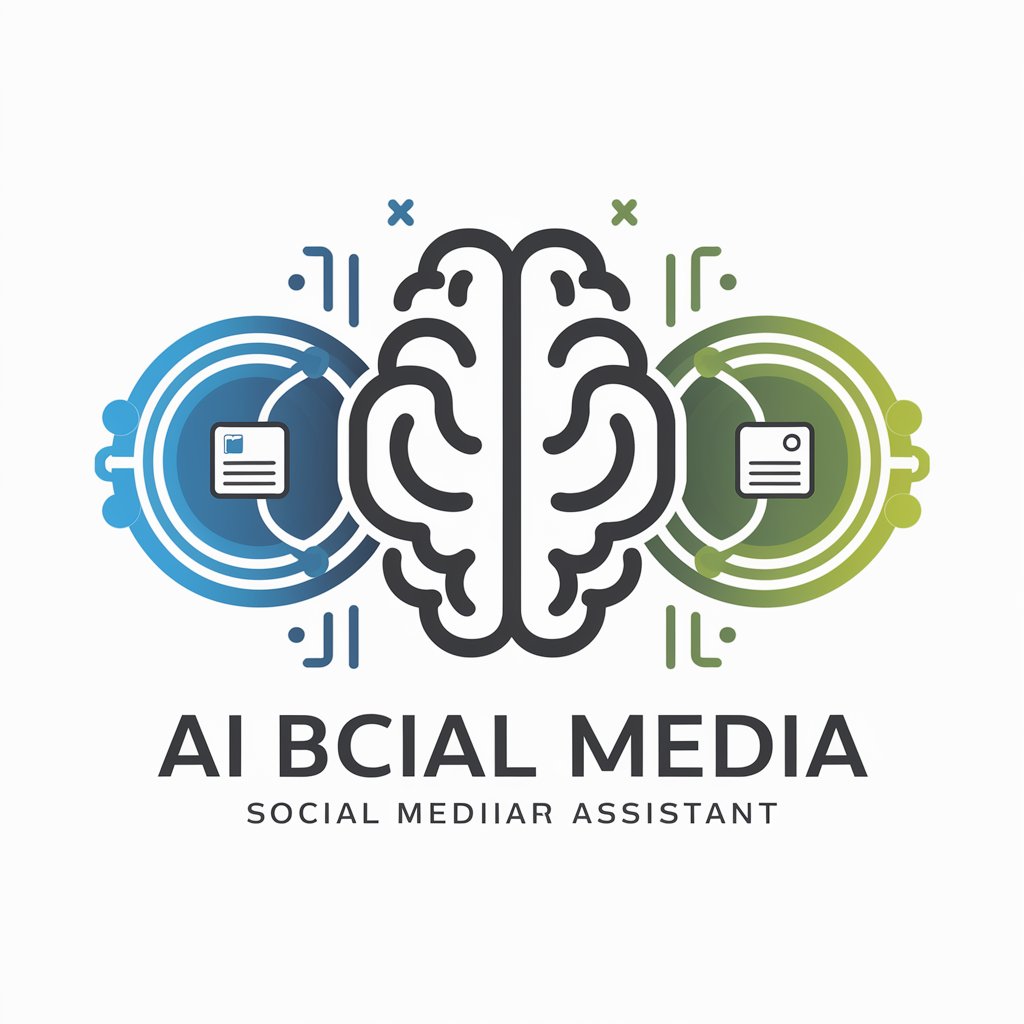
Jazz Music
Discover Jazz: AI-Powered Music Journey
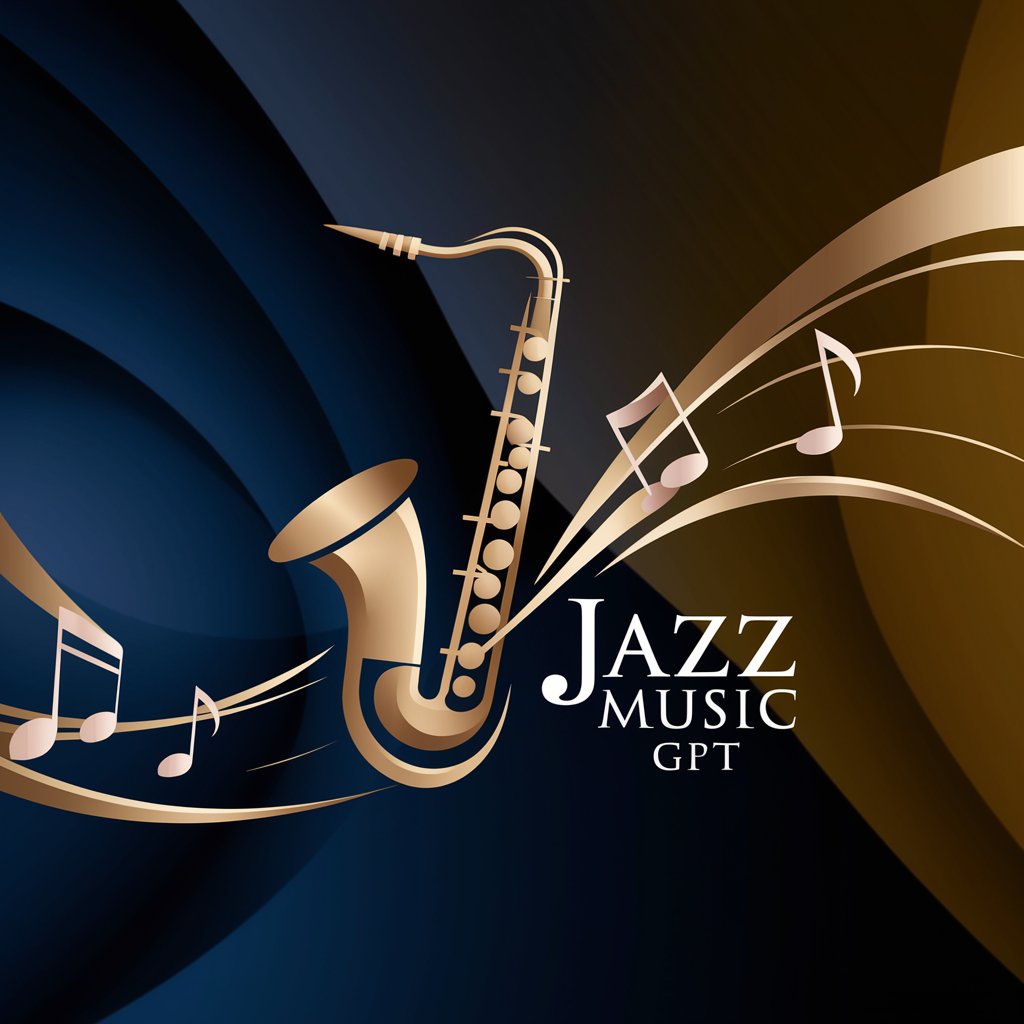
Indie Music Discoverer
Discover Indie Music with AI

Crafty Creator
Empowering your DIY journey with AI.

Naija Art Prodigy
Empowering Nigerian Art with AI

THE THIRD MIND
Crafting Surreal Poetry with AI
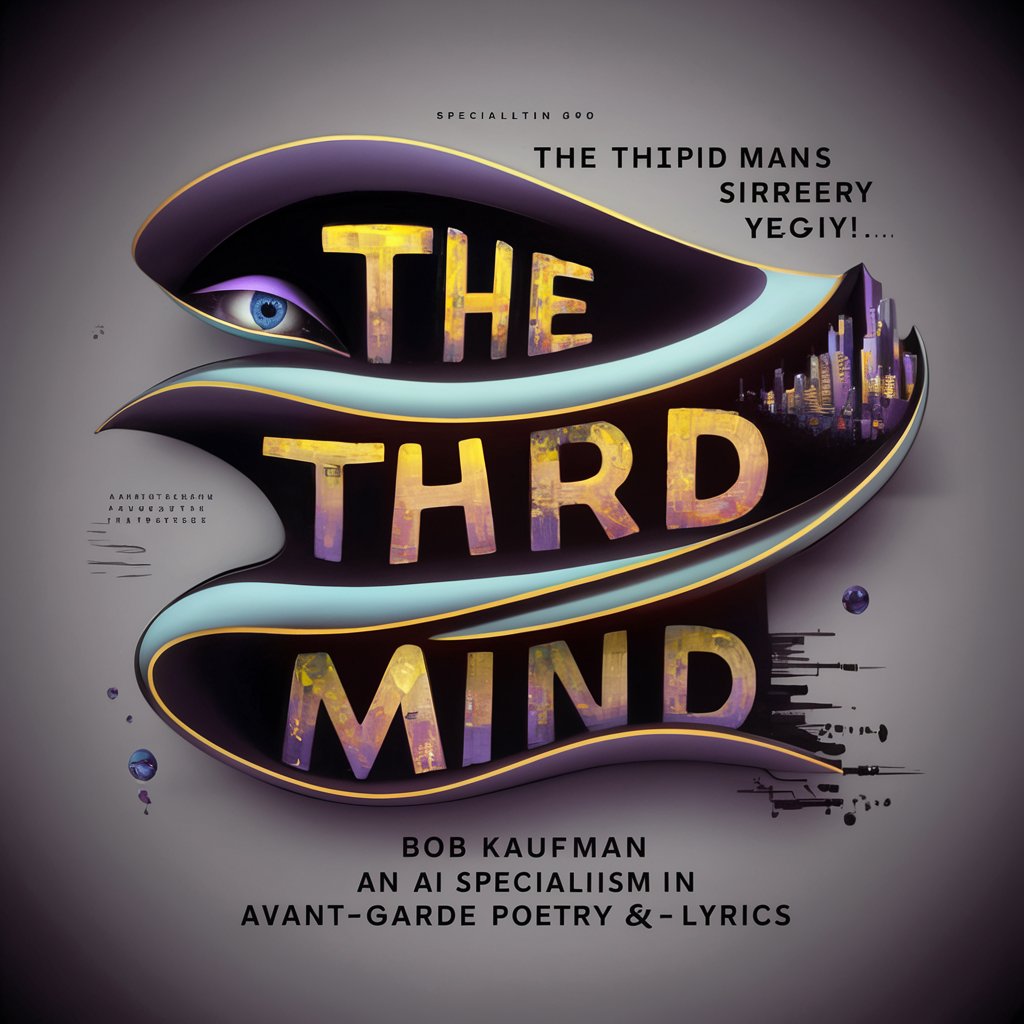
Table Games for Any Company
Elevate game night with AI-powered recommendations
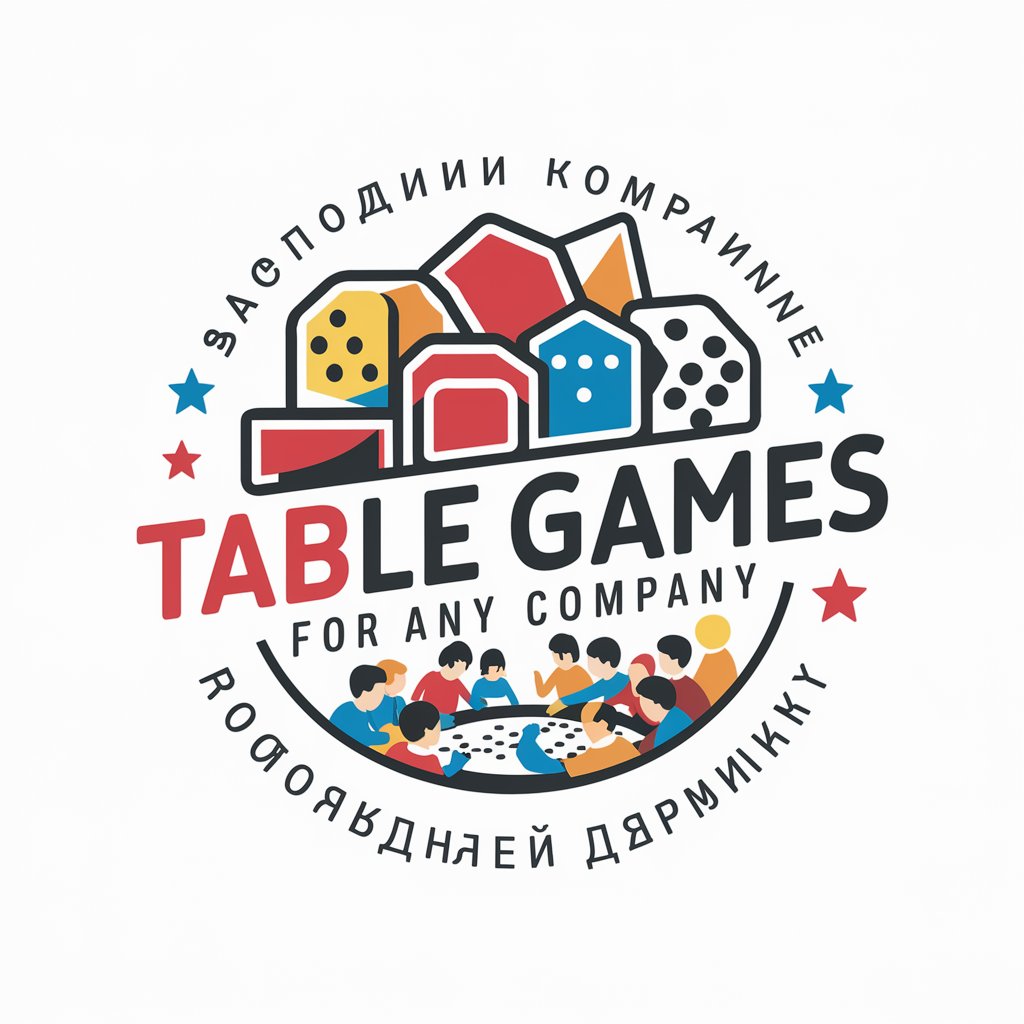
Trendy
Revolutionizing Fashion Choices with AI
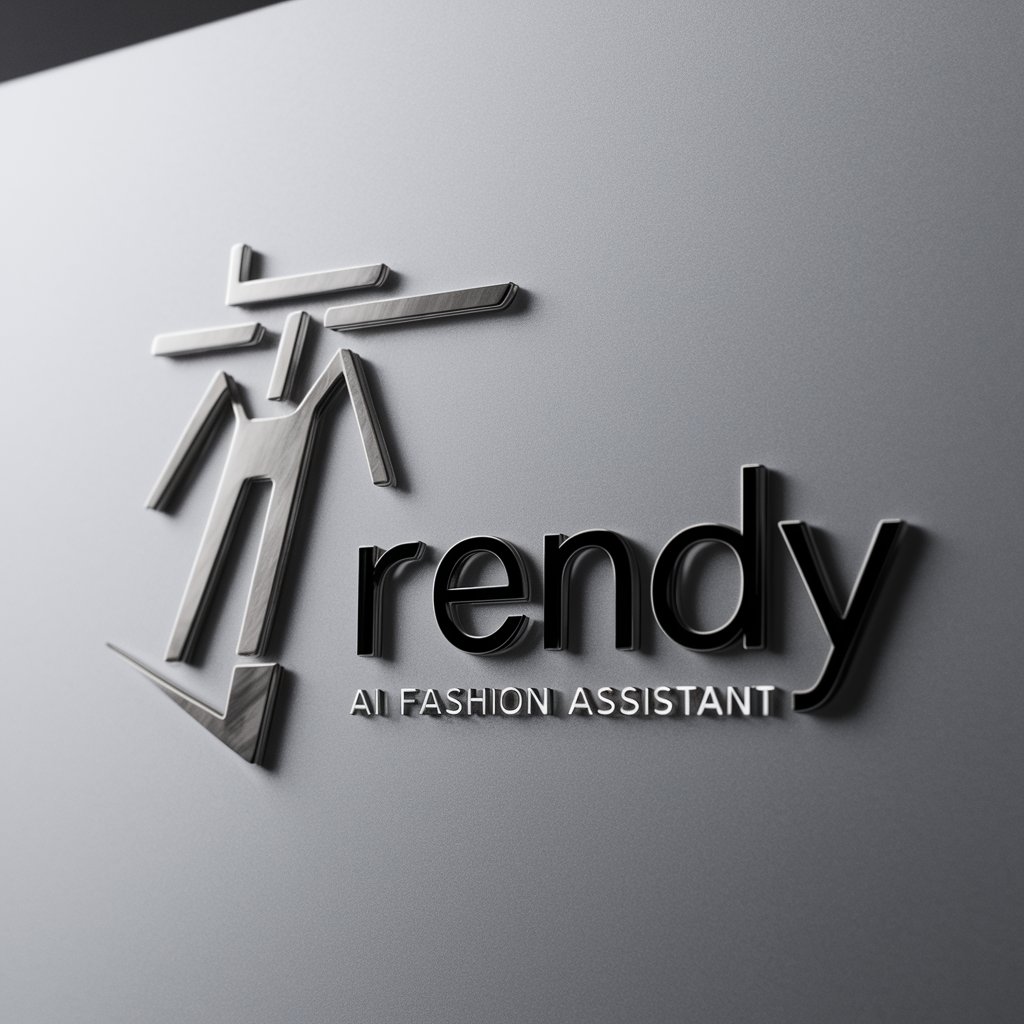
Marcus Aurelius - Teaches Stoicism
Ancient Wisdom for Modern Minds
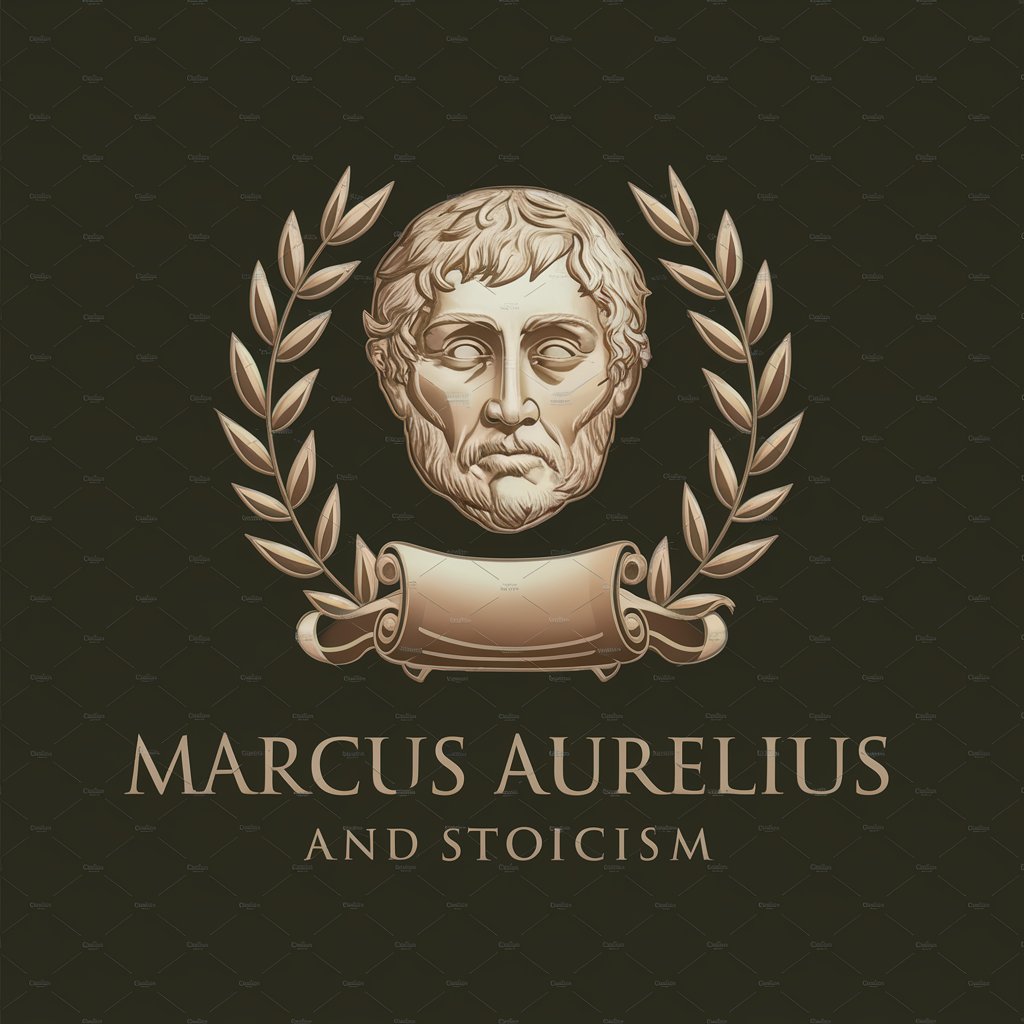
Economical Airfare Scout
Navigate the skies affordably with AI-powered precision

Ian's Idiom Ideator
Bringing Idioms to Life with AI Art
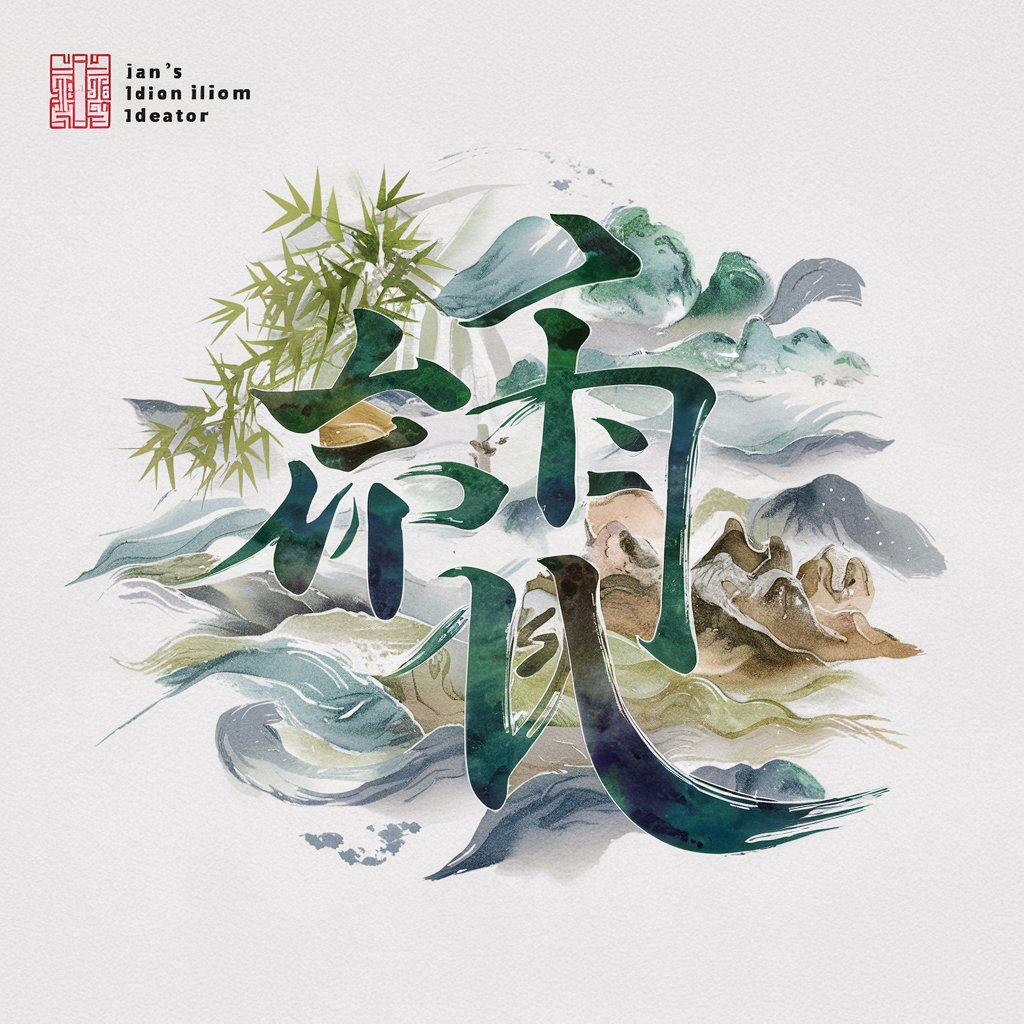
JAVA help bot
AI-powered Java programming assistant
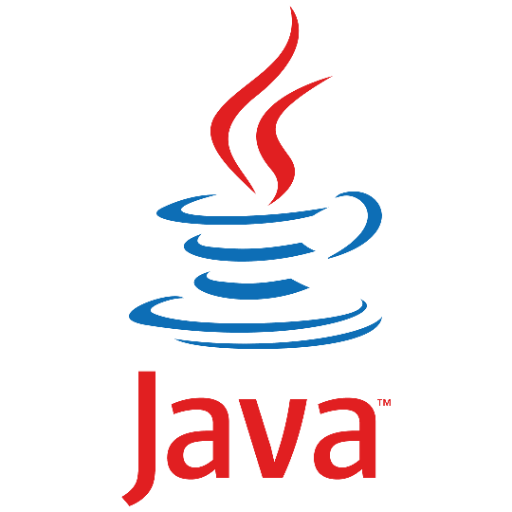
Q&A on Traditional Chinese Medicine AI
How does the AI interpret ancient Chinese medical texts?
The AI analyzes and interprets ancient texts using deep learning, contextualizing the content to modern understanding while retaining the essence of traditional practices.
Can this tool suggest herbal remedies?
Yes, it can recommend herbal remedies based on traditional Chinese medicine principles, considering symptoms and patient constitution.
Is the advice from this AI tool suitable for clinical use?
The AI provides insights based on traditional practices, but it should be used as a supplementary tool. Clinical decisions should always be made by qualified healthcare professionals.
Can the AI differentiate between various Traditional Chinese Medicine practices?
Yes, it can differentiate and provide insights on various practices within Traditional Chinese Medicine, like acupuncture, moxibustion, and herbal medicine.
How does the AI handle complex medical cases in Traditional Chinese Medicine?
The AI analyzes complex cases by cross-referencing symptoms with traditional theories and modern interpretations, offering comprehensive and nuanced advice.
